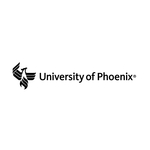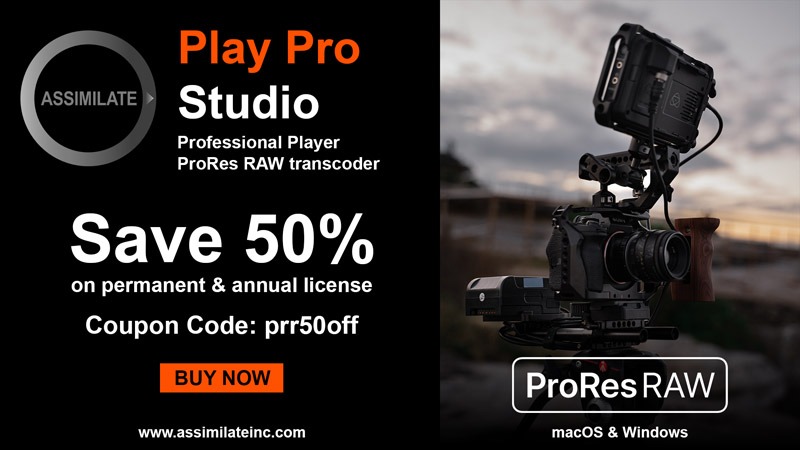
University of Phoenix Sets Example for Higher Education in Accessibility Measures, Processes, and Policies
University highlighted digital accessibility best practices as part of celebrating Global Accessibility Awareness Day
PHOENIX–(BUSINESS WIRE)–University of Phoenix spent the week surrounding Global Accessibility Awareness Day (GAAD), May 19, celebrating the achievements of students and employees with disabilities and promoting awareness of digital accessibility best practices. In the last 12 months, the University has provided accommodations to 11,017 students.
“Without the accommodations, I would not have made it through my actual degree,” says recent graduate, Terry Magers, whose achievement was highlighted in a local news story. “The extra time for accommodations were a big help and without my disability services advisor, Cora, I would not have made it.”
About 26% of adults in the US, or 61 million adult individuals, have a disability. GAAD is a day to bring awareness to, and educate people globally on, the importance of digital accessibility for people with disabilities and impairments, including the more than one billion people who are blind or visually impaired, hard of hearing, or have motor and/or cognitive disabilities.
“Digital environments and content often resemble the built environment, with planning and development as the infrastructure is built. Architects recognized long ago that baking accessibility into design not only led to better function; it was also more aesthetically pleasing,” states Kelly Hermann, vice president of accessibility, equity, and inclusion. “At University of Phoenix, we have taken a similar approach to our digital assets. Our digital design approach emphasizes the usability of the digital environment by the most users possible.”
University of Phoenix has created a robust accessibility services model to support its students. University of Phoenix works to apply universally accepted benchmark standards established by the World Wide Web Consortium (W3C) in meeting accessibility commitments; it is committed to provide information where individuals can perceive, operate, and understand.
University curriculum is designed with accessibility in mind. The University uses an accessibility tool in the learning management system to help provide support and track compliance with the Web Content Accessibility Guidelines.
The University supports faculty in the development of accessible content through annual mandatory training and evaluation of course content. “This affords us the opportunity to provide targeted support to faculty to create and share accessible content with their students,” states Hermann. “Faculty have access to the accessibility tool in the learning management system to review and fix content when they upload it into the classroom and can also reach out to our Accessibility & Usability team for support as needed.”
This week, University faculty are participating in a “Fix Your Content Week” to review their course content and interact with the Accessibility & Usability team to enhance current understanding of, and open communication on, accessibility for students.
The University launched an Accessibility SME (Subject Matter Expert) program in 2021, designed to help marketing and IT staff develop and apply accessibility expertise to their work. The Accessibility SME program is an innovative approach to providing professional development for employees who may not have been exposed to accessibility fundamentals in their formal preparation and training. The program allows the University to scale accessibility into design and development of digital assets and content so that content is created accessible and does not require re-work before publication. To date, 51 staff have completed the program.
During a recent annual employee appreciation event, Phoenix Fun Fest, the accessibility team hosted a lab, with additional accessibility technology materials provided by Arizona Technology Access Program (AzTAP), including a 40-cell refreshable Braille, a Victor Reader Stream, an Apple Watch (for executive functioning), a laptop with Fusion, and one Switch adapted toy. Employees and their families were able to interact with the assistive devices and engage in awareness building exercises to learn more about how individuals with disabilities interact with their environments.
Learn more here about accessibility policy and services at University of Phoenix.
About University of Phoenix
University of Phoenix is continually innovating to help working adults enhance their careers in a rapidly changing world. Flexible schedules, relevant courses, interactive learning, and Career Services for Life® help students more effectively pursue career and personal aspirations while balancing their busy lives. For more information, visit phoenix.edu.
Contacts
Sharla Hooper
University of Phoenix
sharla.hooper@phoenix.edu

